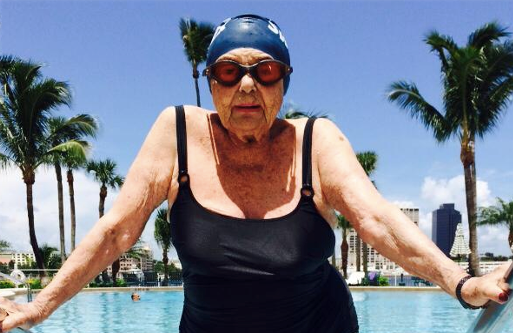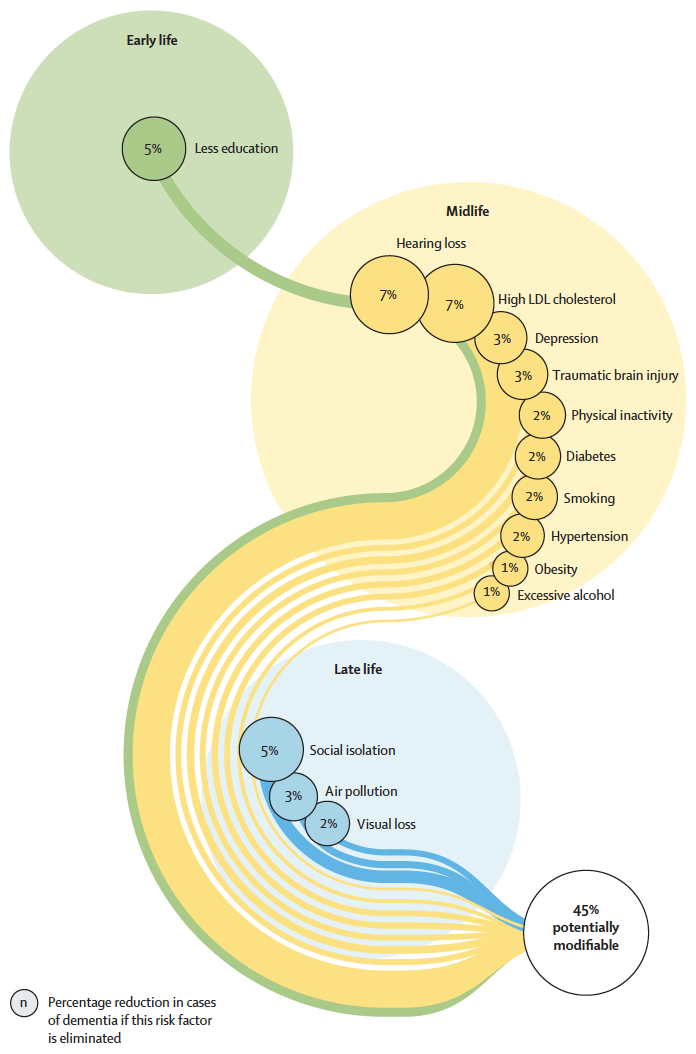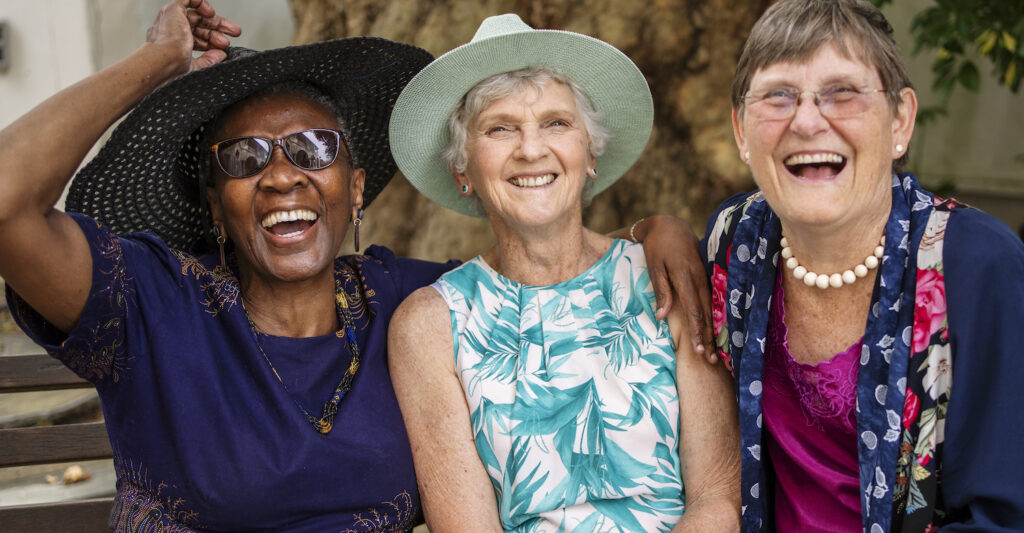
To 100 and Beyond! 3 Key Lessons We Can Learn From “Cognitive Super-Agers”
When my grandmother turned 100, I had the chance to ask how she’d stayed so sharp, independent, and vibrant into her later years. Without missing a beat, she told me she thought it was always having a daily exercise routine, keeping your mind active, and not allowing emotional things to “fester.
It turns out my grandmother was spot on (she usually was!). Research has long demonstrated how central good health habits are to continued vitality. Now a study out of the Netherlands underscores exactly how critical staying active is to a life that is not only long but cognitively strong. Using data from the Amsterdam 100+ Study of centenarians, researchers followed 330 cognitively healthy 100+-year-old subjects for up to 4 years. Participants averaged 1.6 years of follow-up (not surprisingly given their age) with annual assessments including extensive cognitive testing. Results showed that the participants had relatively stable cognitive health over the 4-year study, with no meaningful change in their performance across multiple domains, and only a small decline in memory. In addition, while some subjects showed neuropathological changes typically associated with Alzheimer’s dementia at autopsy, they did not drive any cognitive worsening during the subjects’ lifetimes. Given that the expected incidence risk of developing dementia at this age hovers around 60% this study suggests these “cognitive super-agers” may have some resilience to dementia.
What can “cognitive super-agers” teach us? And what can we learn to help us deliver healthy living experiences to ensure everyone has their best shot at staying cognitively vital and independent to 100 and beyond? Here are 3 lessons we can take away:
Lesson 1. Get physical. Not surprisingly, researchers found that good physical health was a significant buffer against cognitive decline. Being physically well and having healthy or corrected hearing and vision were all significantly linked to continued cognitive well-being in this group. This is of course consistent with what we have known for a while – good health habits such as regular physical activity, eating a brain-healthy diet and proactive medical care are essential ingredients for staying sharp.
Lesson 2. Get thinking. The study showed that “cognitive super-agers” had higher levels of cognitive reserve as estimated by the frequency of their cognitive activity, educational background, and estimated premorbid IQ. This suggests that being intellectually engaged over our lifetimes, including current experiences, may provide resilience against dementia. This is consistent with the science to date on cognitive engagement and is a reminder of why meaningful intellectual and creative pursuits matter regardless of age.
Lesson 3. Stay independent. Interestingly, the study found that living independently was associated with preserved cognitive ability. A whopping 56.7% of the centenarians in the study lived on their own, while the remainder lived in a “care home” (equivalent to assisted living or higher levels of care). This rather unique finding raises the question as to the benefits living independently may have to cognition. Perhaps managing on one’s own offers continuous opportunities to “work out” thinking skills such as attention, memory, and problem-solving. It is interesting to think about how we can foster more independence and personal agency for those in congregate housing, so they may also benefit from the cognitive stimulation taking care of oneself offers.
Want to know more? Read the research article published this January here, or enjoy Jane Brody’s excellent New York Times article about the findings and its implications for understanding cognitive aging.



